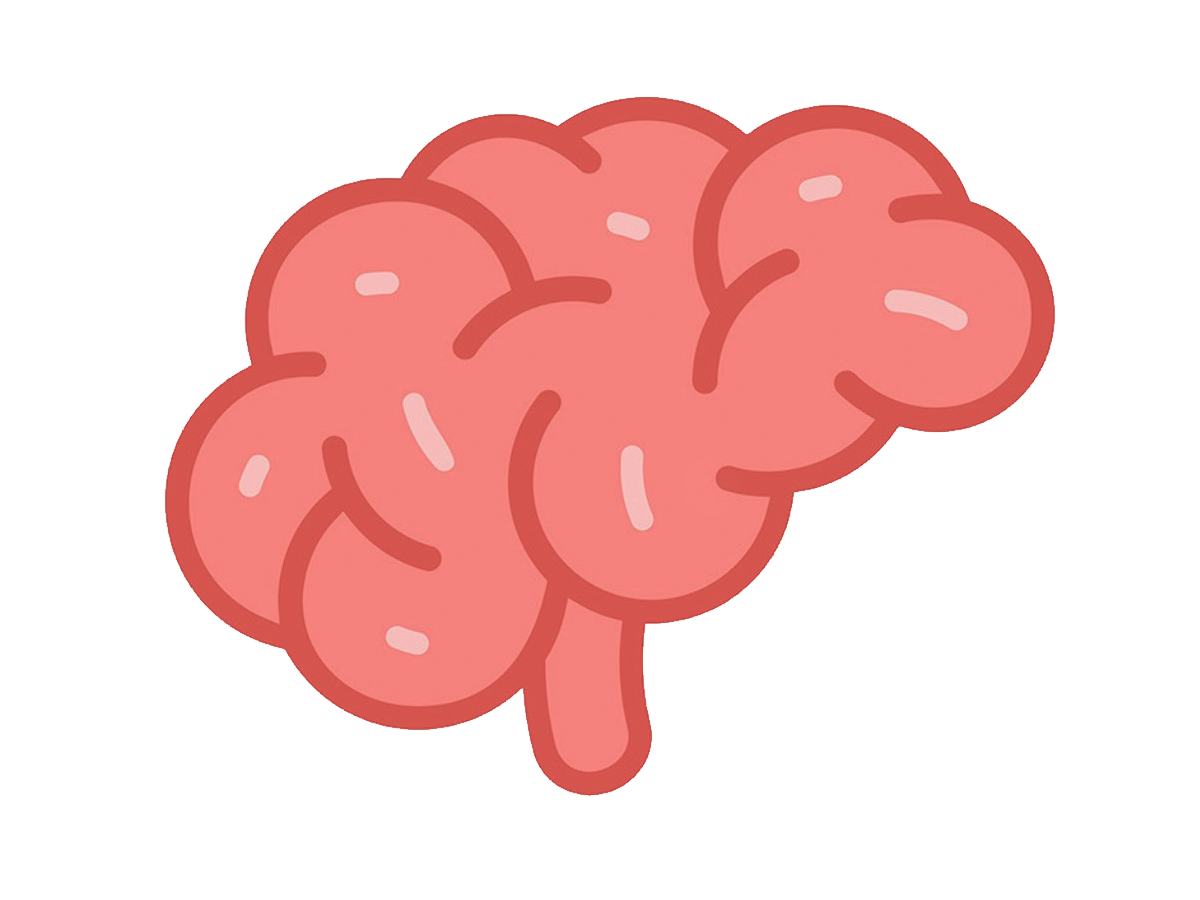Mathematics is often referred to as the language of science, and it plays an essential role in the field of science, technology, engineering, and mathematics (STEM). The importance of mathematics as a foundation of STEM is undeniable. In this blog post, we will explore why mathematics is so crucial in STEM fields and how it lays the groundwork for success in these areas.
Problem-solving skills Mathematics teaches us how to approach problems logically and methodically. It trains us to identify patterns, formulate hypotheses, and test them using evidence. These skills are critical in all areas of STEM, from designing experiments in biology to writing computer programs in software engineering. Without a solid foundation in mathematics, it is difficult to develop the problem-solving skills needed to excel in STEM fields.
Quantitative reasoning Mathematics is a quantitative subject, meaning it deals with quantities and their relationships. This makes it an essential tool for understanding and analyzing data, which is a core component of many STEM fields. The ability to reason quantitatively allows us to make informed decisions based on evidence and to communicate complex ideas clearly and effectively.
Modeling and simulation Mathematics provides the tools and techniques needed to model complex systems and simulate their behavior. This is essential in many areas of STEM, from designing new materials in engineering to predicting weather patterns in meteorology. Mathematical models allow us to explore the behavior of a system under different conditions and to make predictions about its future behavior.
Innovation Mathematics has been the foundation of many significant scientific discoveries and technological innovations. For example, calculus was essential in the development of Newton's laws of motion, which revolutionized our understanding of the physical world. Today, mathematics continues to play a crucial role in developing new technologies and advancing scientific knowledge.
Interdisciplinary connections Finally, mathematics provides a common language that connects different areas of STEM. For example, the mathematics of differential equations is used in physics to describe the behavior of physical systems, in engineering to design control systems, and in biology to model population dynamics. By providing a common language and set of tools, mathematics enables cross-disciplinary collaboration and innovation.
In conclusion, mathematics is the foundation of STEM because it provides the problem-solving skills, quantitative reasoning, modeling and simulation techniques, and interdisciplinary connections needed to excel in these fields. Without a solid foundation in mathematics, it is difficult to succeed in STEM, and many of the significant scientific discoveries and technological innovations of the past would not have been possible. So if you are interested in pursuing a career in STEM, it is essential to develop a strong foundation in mathematics.
